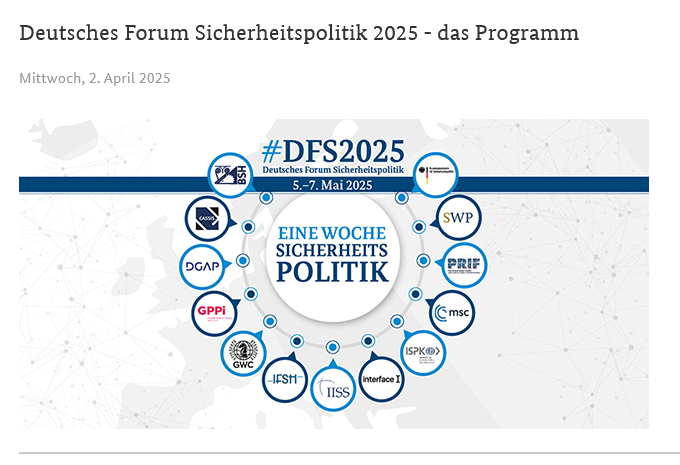IFSH co-hosted a session for the German Forum Security Politics organized by the Bundesakademie für Sicherheitspolitik (BAKS). It explored how Germany can effectively respond to China’s rapid military buildup across cyber, nuclear, and conventional domains. Matthias Schulze outlined China’s cyber strategy, that encompasses economic espionage, political spying, military cyberwarfare, and domestic surveillance, targeting technology transfer and control over key sectors to strengthen its position as a technology leader. The country’s tightly centralized cybersecurity architecture—directed at the highest political level—melds military, civilian, and private actors to carry out both offensive and defensive operations, underpinned by strict laws that demand disclosure of vulnerabilities and grant the state sweeping powers over digital infrastructure.
In the past decade, Chinese cyber operations have grown increasingly sophisticated, with state-backed groups like APT1, Salt Typhoon, and Volt Typhoon prioritizing strategic, long-term infiltration of critical infrastructure and adopting stealthier, more skillful tactics. This evolution includes a shift from broad data theft towards targeted disruptions, heightened use of advanced techniques like supply-chain and zero-day exploits, and the outsourcing of attacks to private intelligence contractors to complicate attribution. To respond, Germany should rapidly execute its cybersecurity strategies, reduce reliance on Chinese technology in critical sectors, bolster vulnerability disclosure and IT security in universities, and ensure legal and organizational readiness for coordinated cyber defense.
See the programm of the event here.
Photo credits: Deutsches Forum Sicherheitspolitk 2025

